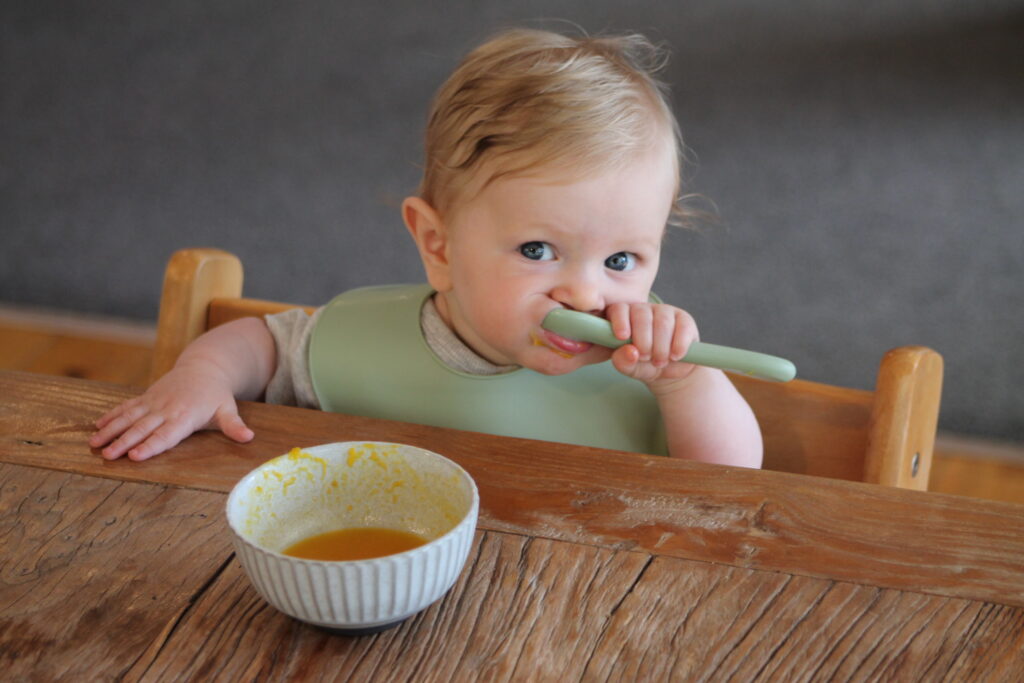
As parents, we’re always looking for ways to help our babies thrive—whether it’s supporting their physical development, ensuring they’re happy and healthy, or helping them sleep through the night. But did you know that the timing of certain foods, particularly animal proteins, can play a huge role in your baby’s sleep quality? By introducing animal protein earlier in the day, we’re not only aiding their digestive process but also helping them settle into better nighttime sleep. This article delves into how feeding babies protein helps with sleep, why protein is essential for babies under 10 months, and shares tips on integrating it into their meals.
Why is Protein Important for Babies Under 10 months to Eat?
Protein is a key nutrient for babies under 10 months, supporting their rapid growth, brain development, and overall health. According to pediatric dietitian Jill Castle, babies require more protein than adults because of their high growth rates and the energy needed to support that growth. Including animal protein (such as chicken, eggs, or fish) in meals gives babies a more complete range of amino acids necessary for cell and muscle development. For some ideas see my recipes here!
Studies published in the American Journal of Clinical Nutrition highlight that protein sources like meat, eggs, and fish provide critical nutrients for babies’ brain development and immune function. These studies confirm that animal protein contains high levels of iron, B vitamins, and zinc—nutrients harder to obtain from non-meat sources that are crucial for babies’ growth.
Does Protein Help Babies Sleep?
While animal protein is nutritious, its timing matters. Animal protein can be harder for young digestive systems to break down, particularly for babies under 10 months. Digesting animal protein too close to bedtime can require extra energy, leading to sleep disruptions. Including it in breakfast or lunch instead allows ample time for digestion, helping babies wind down more easily at night.
According to a study published in the Journal of Pediatric Gastroenterology and Nutrition, animal proteins can lead to a longer digestive process due to their complex structure. Pediatric gastroenterologist Dr. Leah Alexander explains that “heavier” proteins take longer for babies to process. Thus, feeding animal protein earlier in the day not only reduces digestive strain but could also improve the quality of nighttime sleep.
How Timing Protein Helped My Baby Sleep Through the Night
When my son reached 9 months, he was waking up multiple times a night, leaving us both exhausted. We’d been feeding him various foods for dinner, but I noticed that on nights when he had a heavier protein meal, he had a harder time settling down. So, we switched his animal protein meals to breakfast and lunch, and within a week, he was sleeping for longer stretches.
Other parents agree:
“Moving our baby’s protein to morning meals worked wonders! After just a few days of giving her chicken for lunch instead of dinner, we noticed she was less restless at night. It made a huge difference in her sleep routine and ours.” — Emily T.
Expert Tips for Incorporating Animal Protein into Baby’s Daytime Meals
Here are some simple and practical tips for feeding babies protein to help with their sleep:
- Start with Breakfast
Incorporate protein like eggs, a small piece of fish, or pureed meat with vegetables into breakfast. For example, scrambled eggs with a side of mashed avocado offer a balanced, nutrient-rich start to the day. - Lunch-Time Protein Pairing
Try pairing chicken or fish with a complex carbohydrate like sweet potatoes for a well-rounded lunch. This pairing will sustain their energy levels and give them protein without burdening the digestive system by bedtime. - Snack Options that Aren’t Protein-Dense
In the late afternoon, focus on lighter, non-protein-rich snacks like fruits or vegetables. This prevents additional digestive work close to sleep time. - Observe Your Baby’s Response
Each baby is unique, so try tracking when your baby sleeps best and adjust their protein intake timing if needed.
Research-Based Evidence on Protein Timing and Sleep
Pediatric research emphasizes that optimal nutrition goes beyond what babies eat—it’s also about when they eat it. For example, a study in Frontiers in Pediatrics states that heavier meals in the evening can lead to restlessness due to digestive energy requirements. Pediatrician Dr. Sarah Patel advises parents to provide nutrient-dense meals, like those including animal protein, earlier in the day to avoid this effect on sleep.
Why “Wholesome, Whole Food, Natural, Simple” Approaches Matter
Feeding babies with whole, natural foods aligns with a pro-metabolic and gut-health-centered approach. Focusing on simple, natural protein sources like organic eggs or grass-fed meats can help avoid additives or preservatives often found in processed foods, keeping their digestive systems at ease.
In summary, feeding babies animal protein earlier in the day can help with sleep by allowing ample digestion time and ensuring they benefit from the essential nutrients protein provides. By embracing a “wholesome, whole food, natural, simple” approach, you’re setting up your baby for a healthier, more restful night’s sleep and helping them grow strong and happy.

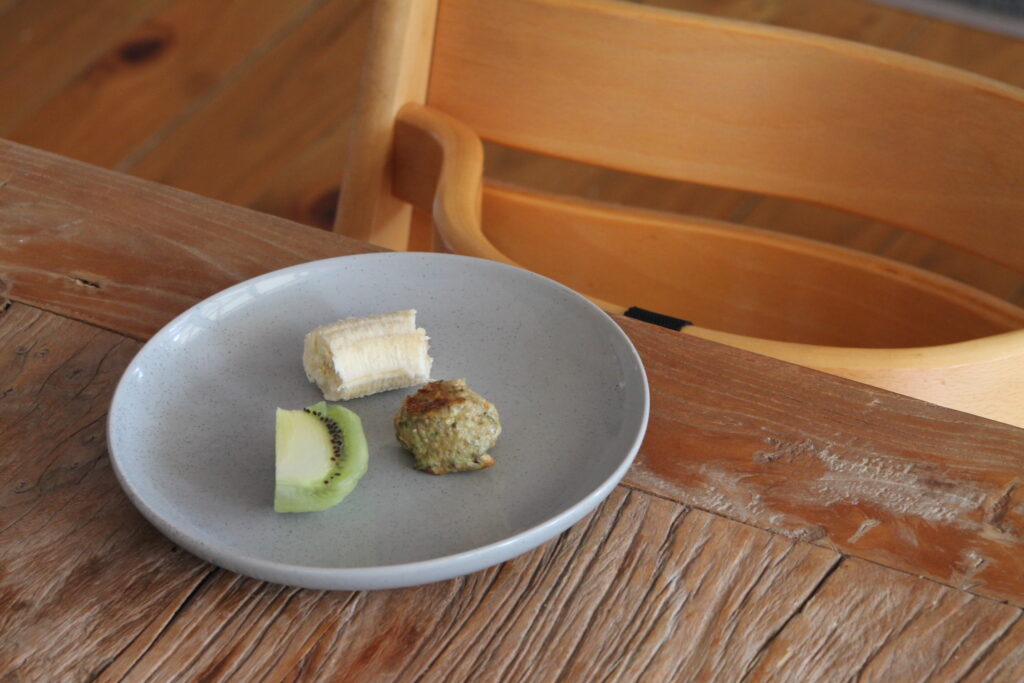
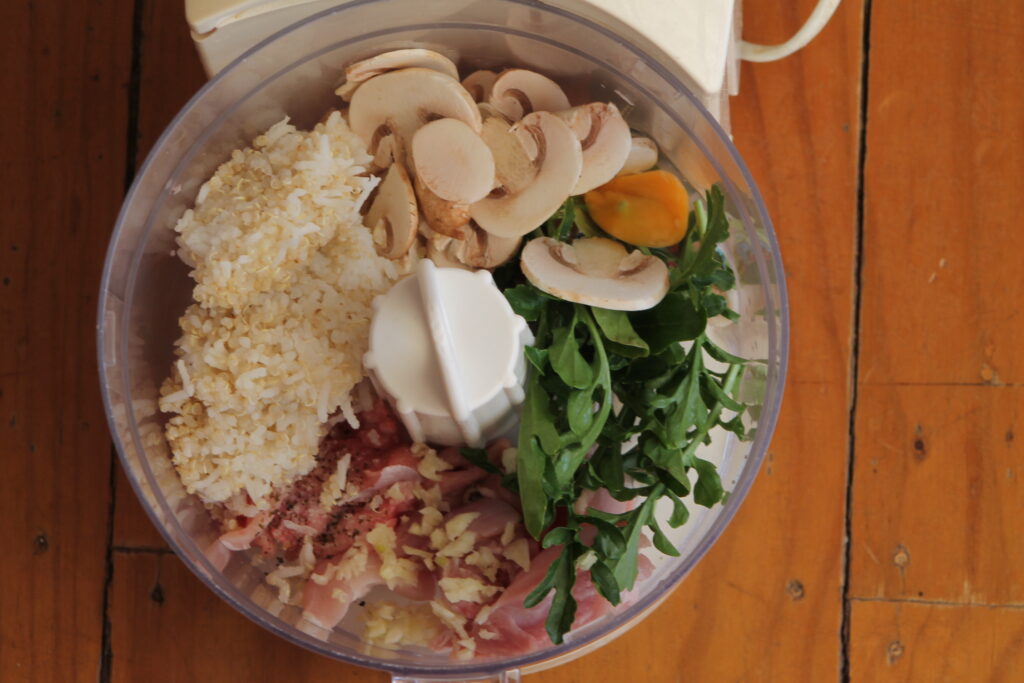

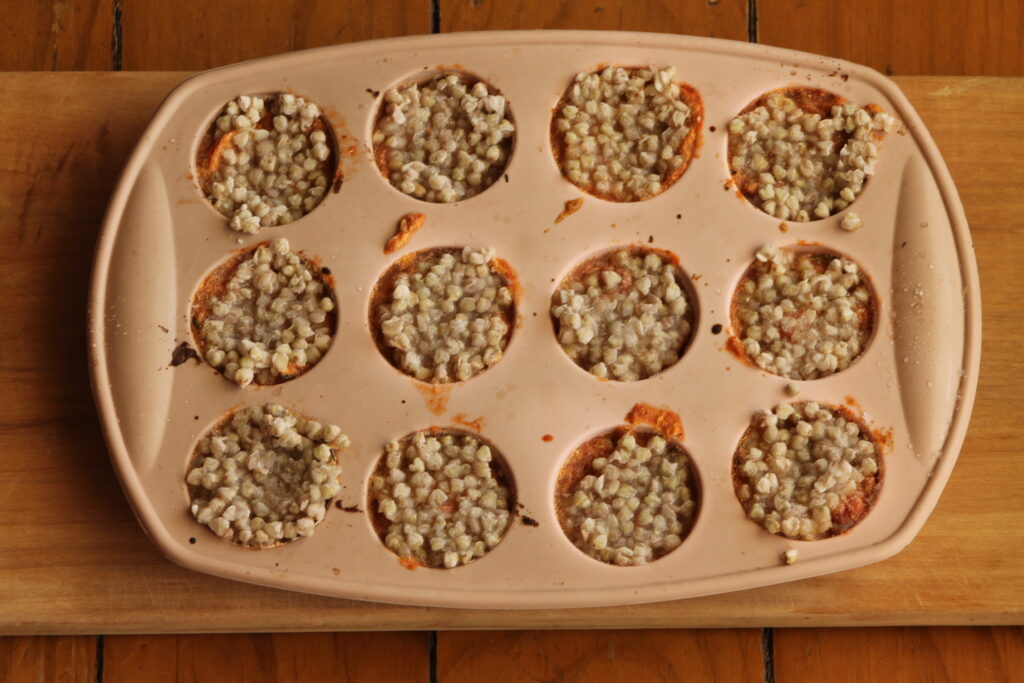
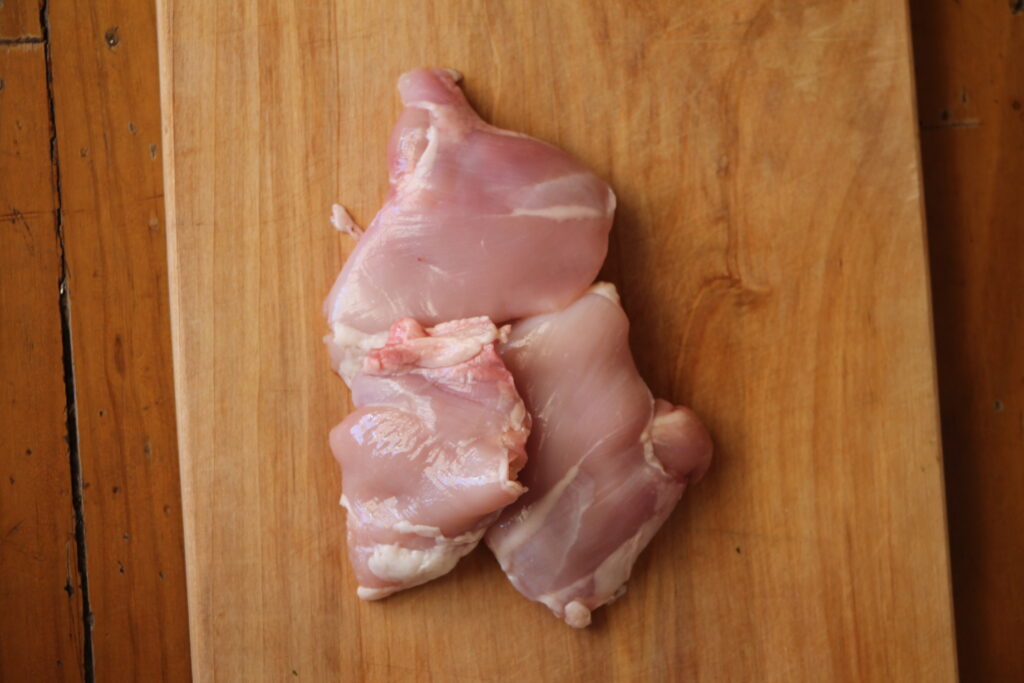
Leave a Reply